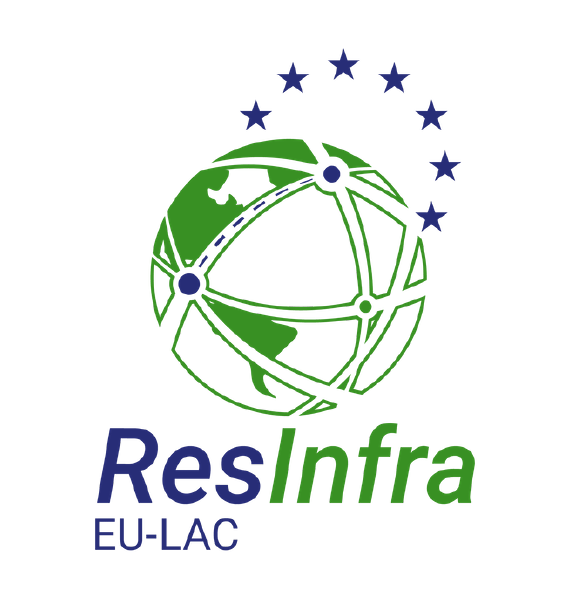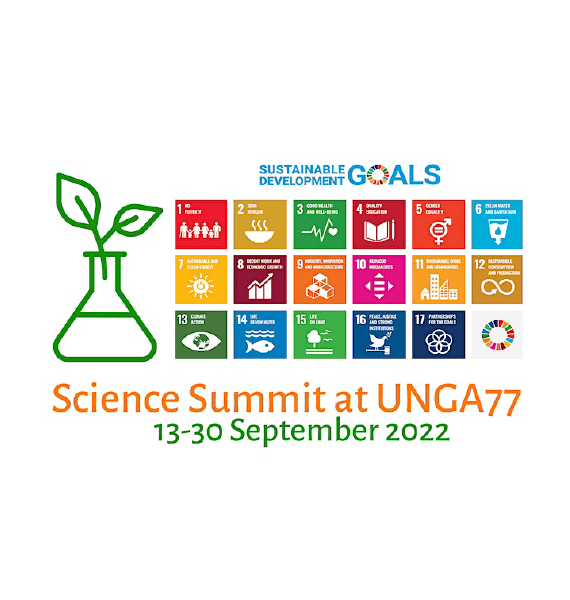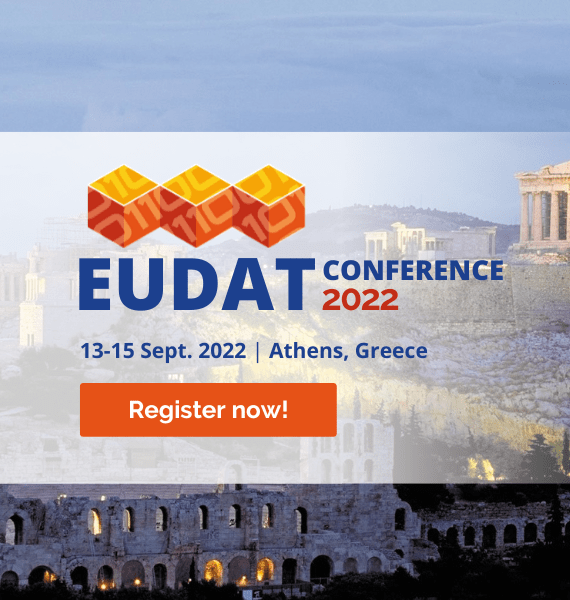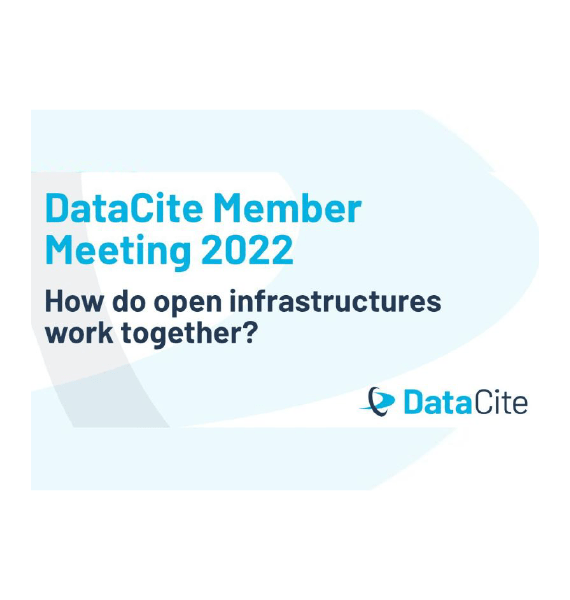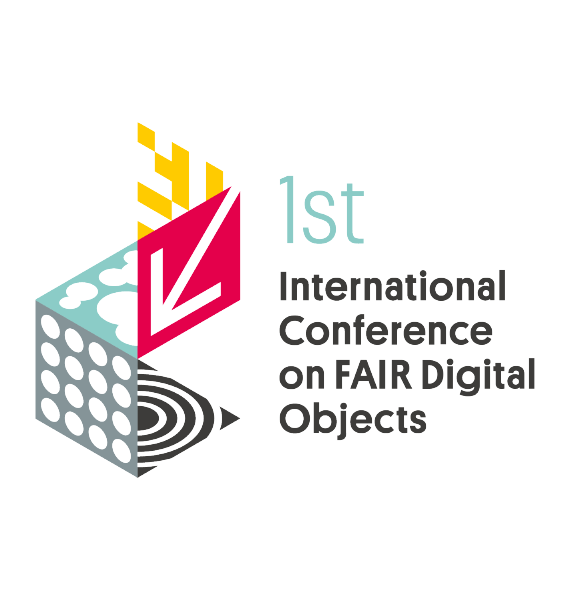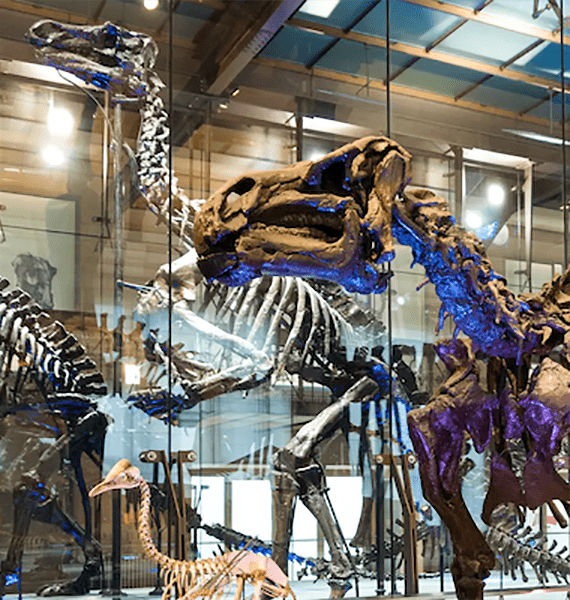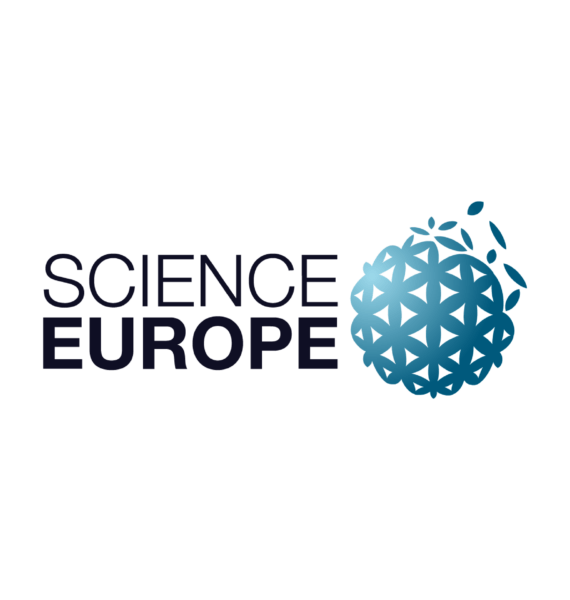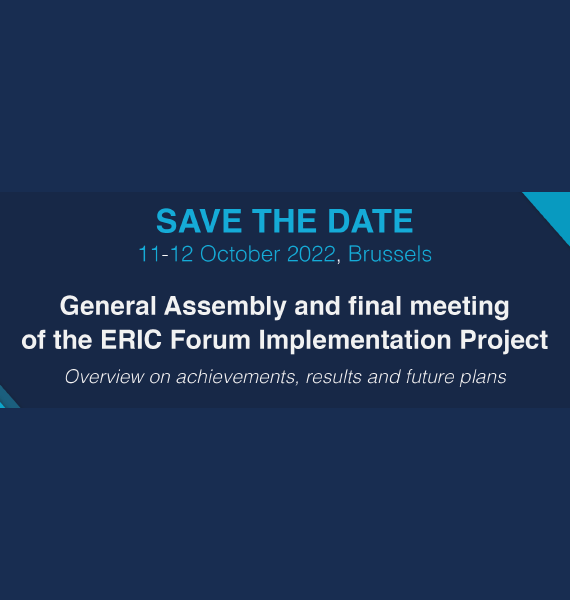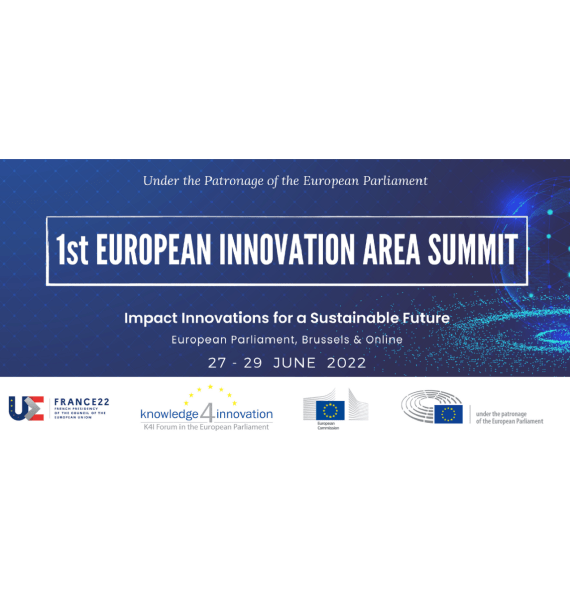After the fully digital High-Level Launch of the ESFRI Stakeholders Forum that took place on 24 March 2022 to mark its formal establishment, it is now finally time to meet in person and set the Stakeholders Forum deliberation and co-design processes in full motion. The 1st ESFRI Stakeholders Forum Meetup will take place on 15 September 2022 at the Royal Belgian Institute (Museum) of Natural Sciences, in Brussels, as a full day event with physical presence.
The agenda of the 1st ESFRI Stakeholder Forum Meetup will touch upon four horizontal themes: health, climate, energy and partnerships. The event will begin with a general panel discussion and will continue with interactive parallel sessions that will report and feedback into the final forum plenary.
The ESFRI Stakeholders Forum is a newly established platform, developed by ESFRI with the ambition to instigate an open dialogue among the different European research infrastructure stakeholders, in order to reinforce the position of Research Infrastructures (RIs) as an essential pillar of the European Research Area (ERA).
As we move towards a renewed ERA the participatory element should be applied across the ERA, including ESFRI and RIs as to position them at the heart of the research and innovation ecosystem, and closely interlinking them with different actors, such as researchers, educators, policy makers, citizens, businesses and others. The Stakeholders Forum aims to engage these actors and facilitate regular discussion among them.
The Stakeholders Forum initiative reflects ESFRI’s intention to look beyond the traditional RI communities. The platform aims to attract stakeholders, raising their awareness across the whole research and innovation ecosystem. These stakeholders include, amongst others, decision and policymakers, municipalities, citizens, socio-economic actors, research organisations and higher education institutions with scientific communities participating in ERA activities, which are potential users of RIs.
Please note that participation is available by invitation only.

